Future of Afghan refugees still uncertain
Pakistan’s government officials believe that the country has hosted Afghan refugees for too long without any rewards.
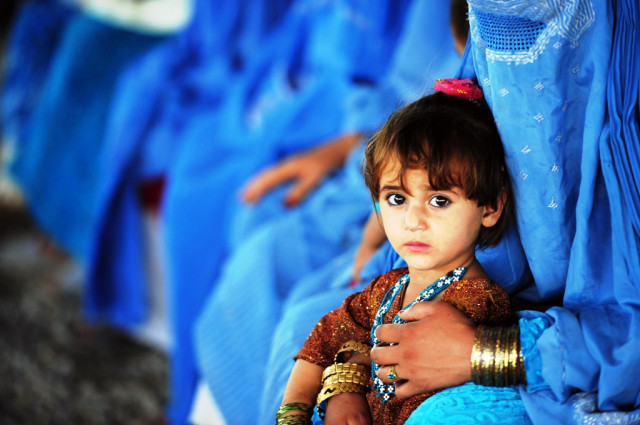
“This refugee card I have is powerless,” said Khwaja Meerajuddin, who fled to Pakistan in 1992 from Kabul, as violence erupted in Afghanistan when the civil war broke out in 1991.
Twenty years later, Meerajuddin still lives in uncertainty, because his status as refugee authorized by the Government of Pakistan, in collaboration with United Nation’s Refugee Agency (UNHCR) and the Afghan Government, expires in just six months.
“Earlier this year, they refused to renew our visas, and now our refugee status will end in December 2012 too,” said Meerajuddin as he showed the card issued to him by the National Database Regulatory Authority in Pakistan (NADRA).
According to the migrant, who lives with his wife, her mother and two sons in a three room upper portion of a house in Islamabad, their family visa was not renewed; and now his bank account, his cellular phone subscription and his rental agreement can be cancelled because the card is not recognised as an authorised document by the private sector, since the interior ministry has not communicated about it.
“Only the police recognise this card, but even they sometimes harass us and ask for money even though we are registered,” added Meerajuddin.
UNHCR spokeswoman in Pakistan, Duniya Aslam, agreed that the card holds no value and said the interior ministry should communicate to everyone so that problems being faced by the refugees can be resolved. “But even if the card expires at the end of this year, it does not mean they will be forced to leave the country,” Aslam said, referring to a trilateral agreement between Pakistan, Afghanistan and the United Nations.
According to the UNHCR, Afghan refugees constitute the largest and longest-standing refugee situation in its history. Despite the return of some 5.7 million Afghans to their homeland since 2002, there are still around 2 million registered Afghans in Pakistan, while sources in the Afghan embassy say there are around 1 million unregistered Afghans.
When contacted, Afghanistan’s Ambassador to Pakistan Umer Daudzai agreed that refugees are facing uncertainty, but was hopeful they will be allowed an extension. “No one can force them out and even the last time in 2009, the cards were renewed for three years and we expect the same this time too,” said Daudzai.
He also urged the Pakistani government to ensure that the refugees are treated well. “We reacted strongly to the statement by the government of Pakistan, recently, calling Afghans in the country, adding to the problem of terrorism. They should be careful and not say such things,” the ambassador added, saying such issues lead to harassment by security forces.
Pakistan’s government officials believe that the country has hosted Afghan refugees for too long without any rewards. Senator Haji Adeel, who belongs to Awami National Party, and is part of the federal government, said the trilateral agreement needs to be revisited. “If we continue to host these refugees, we need monetary support from the international community,” said Adeel.
The senator further added that the unregistered refugees should immediately repatriate, and June 30th this year is the deadline for them to go back, while the registered should go home too.
But Daudzai, the Afghan ambassador, and refugees feel that settling back home can be difficult. “We cannot accommodate the refugees if they all come back at the same time,” said Daudzai.
And in recent years, return rates have slowed according to UNHCR. In 2011 only 70,000 Afghan refugees returned home. And Meerajuddin voices his fears of returning to his homeland. “When the NATO troops pull out, there will be a power struggle in Afghanistan again and if we go back now, I am scared for the security of my children,” he said. “I have spent most of my life in Pakistan, and going back I know there is nothing for me in Afghanistan,” Meerajuddin added.
*Ahmad Yama SHirzad is not a staff reporter
This report was written during the Af-Pak Fellowship 2012 in collaboration with the Friedrcih-Ebert-Stiftung.
Published in The Express Tribune, August 12th, 2012.

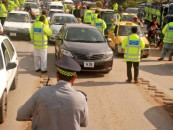
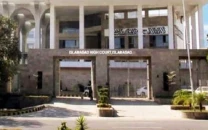
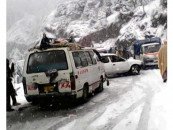

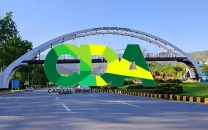
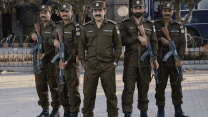












COMMENTS
Comments are moderated and generally will be posted if they are on-topic and not abusive.
For more information, please see our Comments FAQ